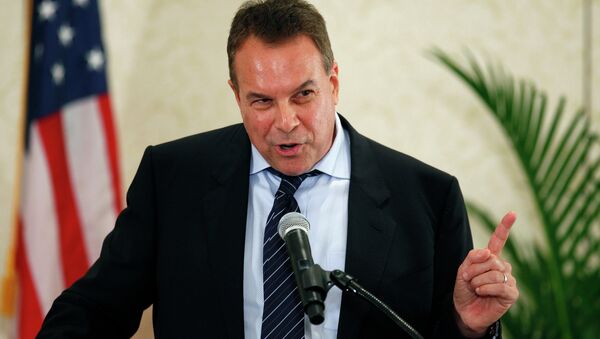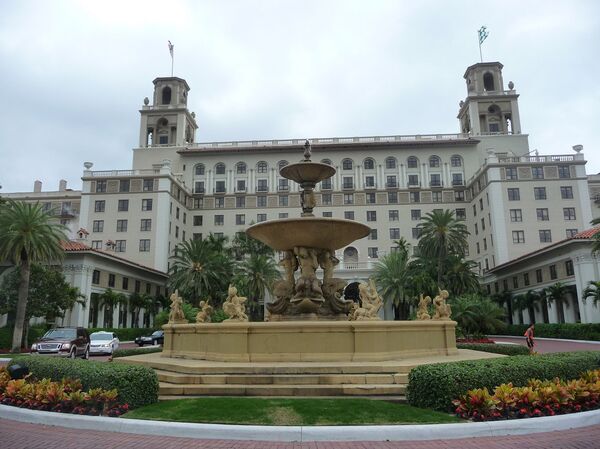Think twice before buying those groceries. Do you really need food? Like, really? Make sure you squeeze every drop out of those Burger King ketchup packets you found in the back of your utensil drawer. Don’t buy a new bottle. Better yet, eat those 7/11 hot dogs plain, natural, like the founding fathers intended.
I bring up hot dogs, not to be paltry, but because they’re going for $43 a pop in Davos, Switzerland this week, where billionaire financial juggler Jeff Greene and other industry executives have assembled for the World Economic Forum.
A chicken Caesar salad will set you back $55. Extra for parmesan.
In an interview with Bloomberg, after stepping off his private jet with two nannies and a virtually inexhaustible supply of sound, good-natured advice for the middle class, Greene had this to say:
“America’s lifestyle expectations are far too high and need to be adjusted so we have less things and a smaller, better existence. We need to reinvent our whole system.”
To be clear, this weekend in Davos isn’t a one-off event. Greene isn’t sitting at home on a normal Friday mending holes in his socks. He’s not catching the early-bird special at Denny’s so he can bring home the leftover toast.
Greene lives in a 35,000-square-foot McMansion, nestled against a private stretch of sand in Palm Beach, Florida.
But, to be fair, he’s currently under negotiations to sell another of his estates in Beverly Hills at the “quite reasonable” price of $195 million. So I guess he’s practicing what he preached.
“When you consider the value of the land and the quality of the construction, $195 million is really quite reasonable,” Greene told the New York Times earlier this month.
Mr. Greene’s financial career also stands out as a shining example for the working Joe to follow.
“My office is right next door to the Breakers Hotel in Palm Beach where I worked as a busboy and waiter working my way through college,” he told Bloomberg.
And from those humble beginnings, he rose to the ranks of a successful real estate mogul, where he was able to turn his fortune into a vastly bigger fortune by betting on subprime mortgages during the housing crises.
Yes. Jeff “Be Frugal” Greene made his billions by counting on the American public to follow financiers’ other sound advice: to spend. To spend more than they could afford so they could live in the kind of homes Greene advertises as “reasonable.”




